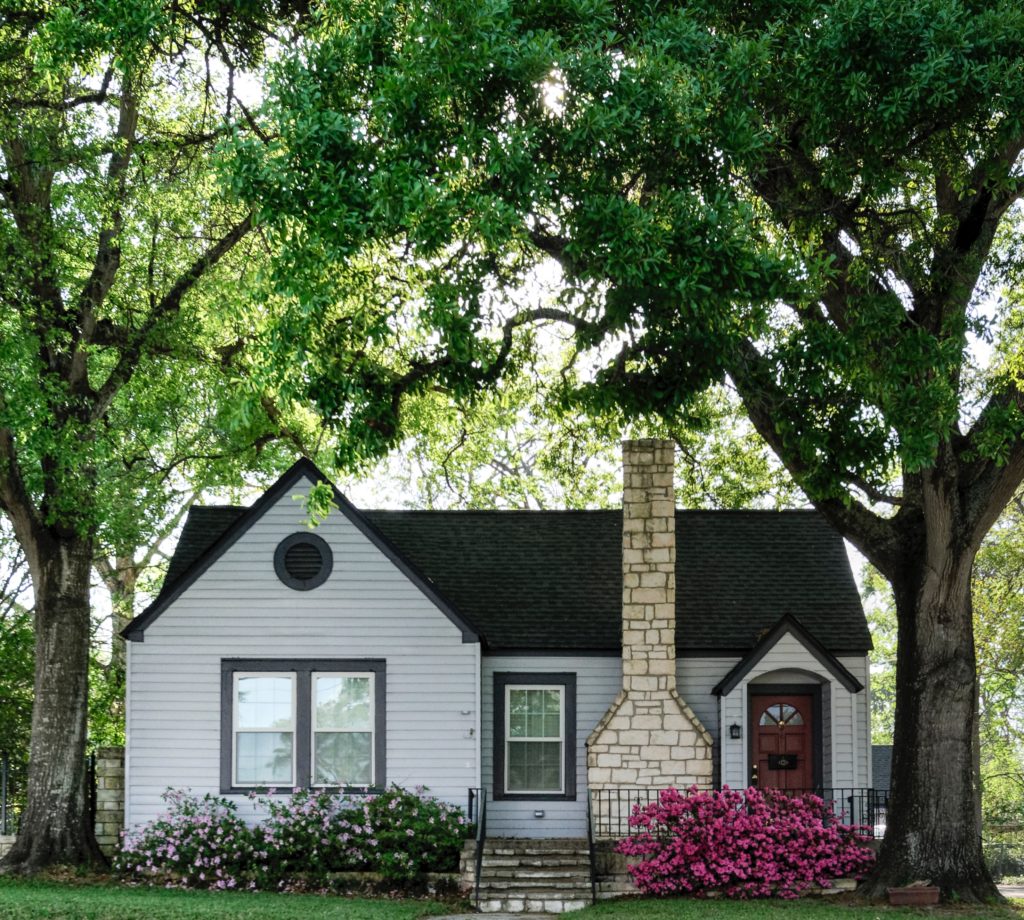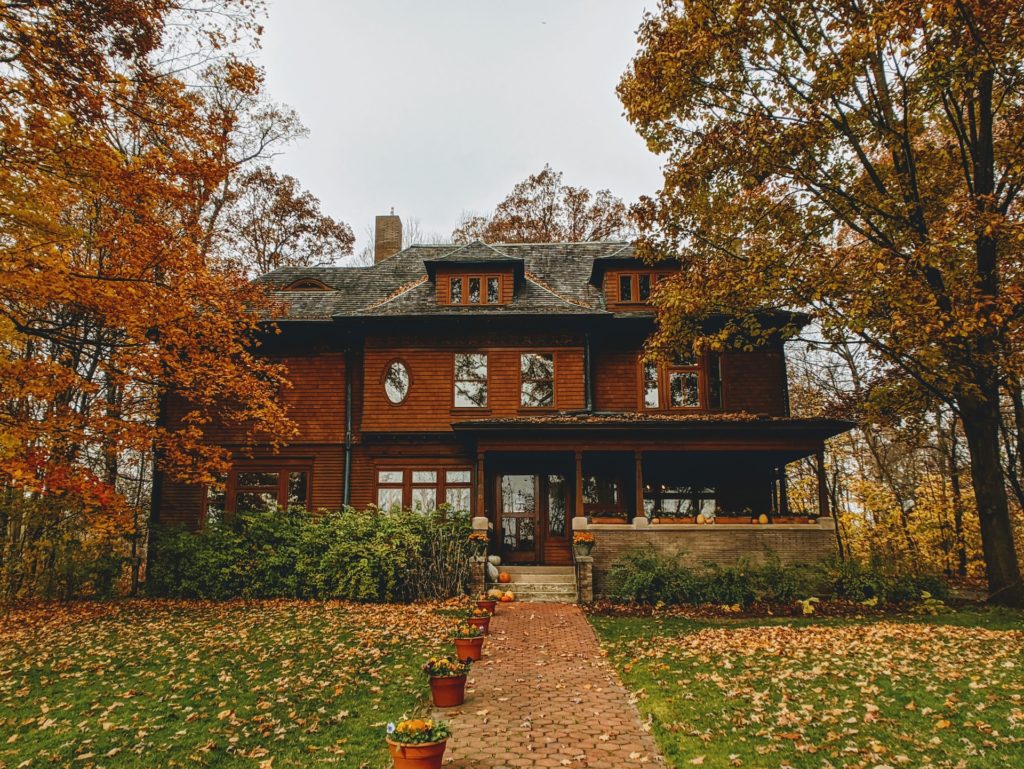
Home insurance is an important financial protection for homeowners. It provides coverage for the cost of repairs or rebuilding your home in the event of damage caused by covered perils, such as fire, flood, or theft. Understanding the factors that influence home insurance rates can help you make informed decisions when choosing a policy.
Location:
The location of your home plays a significant role in determining your home insurance rates. Homes situated in areas prone to natural disasters like hurricanes, tornadoes, or wildfires generally attract higher premiums. Insurance companies consider the likelihood and severity of these perils in specific regions, as well as the availability of emergency services and the proximity to water sources or fire stations.
Home value:
The value of your home is another crucial factor that affects home insurance rates. The higher the value of your property, the more it will cost to rebuild or repair in the event of a covered loss. Factors such as the size, construction materials, and unique features of your home contribute to its overall value and influence your insurance premiums.
Dwelling coverage:
The amount of dwelling coverage you choose has a direct impact on your home insurance rates. Dwelling coverage refers to the portion of your policy that protects the structure of your home. Opting for higher coverage limits will result in higher premiums, as it implies greater financial protection for the insurer in the event of a claim.
Claims history:
Your claims history also plays a role in determining your home insurance rates. If you have a history of filing claims, insurance companies consider you to be at higher risk of filing future claims. This perception of increased risk leads to higher premiums. Conversely, homeowners with a clean claims history are often rewarded with lower rates, as they are seen as lower-risk policyholders.
Credit score:
Insurance companies commonly use credit scores to assess the financial risk of policyholders. A good credit score indicates responsible financial management, which can result in lower home insurance premiums. Conversely, individuals with lower credit scores may experience higher rates, as they are viewed as potentially riskier to insure.
Other factors:
Several additional factors can influence your home insurance rates. These include the age of your home, the type of construction, and the number of claims filed in your area. Older homes may have outdated electrical or plumbing systems, making them more prone to accidents or damage. The type of construction, such as wood frame or masonry, can impact the susceptibility of your home to certain perils. Lastly, if there is a high frequency of claims in your area, it can lead to higher premiums for homeowners in that region.
How to Lower Your Home Insurance Rates
Fortunately, there are steps you can take to lower your home insurance rates!
Increase your deductible:
One effective way to reduce your premiums is to increase your deductible—the amount you pay out of pocket before insurance coverage kicks in. By opting for a higher deductible, you can lower your premiums; however, it’s essential to ensure that you can comfortably afford the increased deductible amount if you need to file a claim.
Bundle your home insurance with other policies:
Many insurance companies offer discounts to policyholders who bundle their home insurance with other types of coverage, such as auto or life insurance. Bundling can lead to significant savings on your overall insurance costs.
Shop around for quotes:
Comparing quotes from different insurers is crucial when seeking the best possible rate for your home insurance. Different insurance companies have varying pricing structures and risk assessments, so taking the time to obtain multiple quotes allows you to make an informed decision and potentially secure a more affordable premium.
Take steps to reduce your risk of claims:
Proactive measures to minimize the risk of damage to your home can result in lower insurance rates. Installing smoke detectors, burglar alarms, and a security system can help protect your home and its contents, leading to lower premiums. Additionally, weatherproofing your property with measures like reinforcing windows, securing the roof, and implementing proper drainage systems can mitigate potential risks and reduce the likelihood of claims.

Home insurance rates are determined by various factors, including the location and value of your home, your claims history, and your credit score. Understanding these factors can help you make informed decisions when choosing a policy and ultimately save on premiums. By increasing your deductible, bundling policies, shopping around for quotes, and implementing risk reduction measures, you can take proactive steps to lower your home insurance rates.
